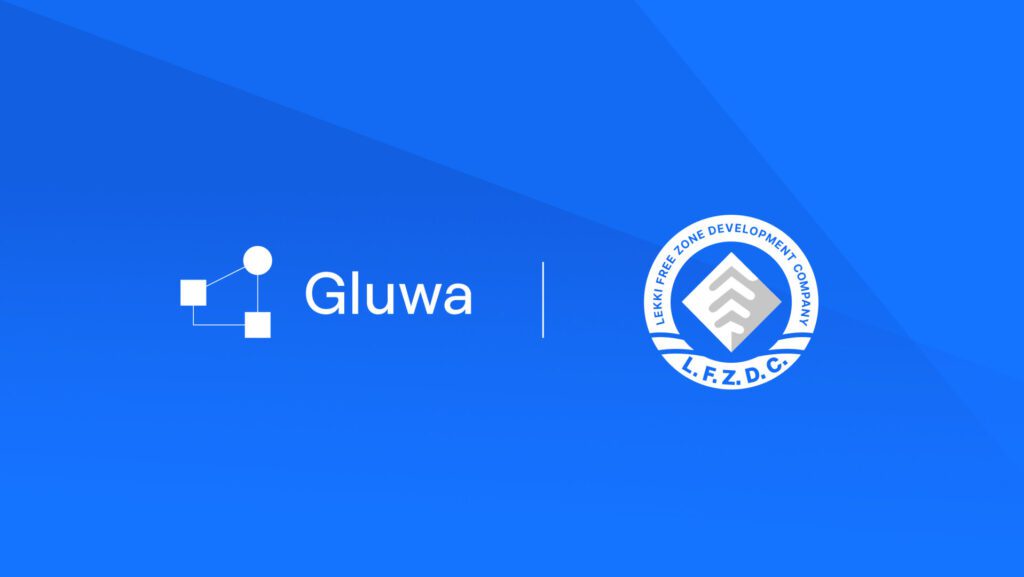The Lekki Free Zone Development Company (LFZ) is in discussions with Gluwa, a blockchain technology company, as part of an effort to increase its economic impact in Nigeria. The two parties are looking to collaborate and use blockchain to promote trade cooperation, business growth, and sustainability among new and existing Free Zone enterprises. In addition, the partnership would look into developing a virtual free zone inside the Lekki free zone.
Mr Tomiwa Idowu, the head of strategy, innovation, and special projects at Lekki Free Zone, revealed that discussions between LZF, the Nigerian Export Processing Zones Authority, and the Gluwa team are in progress.
Idowu said in a statement that the partnership, when it is complete, will work similarly to the integration of OpenSea and Compound by developing a dashboard for the tokenization of goods into NFTs (non-fungible tokens) and offering digital asset-backed loans for new and existing businesses looking to fund operations and/or expand their operations.
Idowu explained his plan to modernize the industrial and trading sector in Nigeria and Africa, with the Lekki Free Zone as the centre of this transformation.
“I am extremely excited by the enormous potential of such a partnership, which would further establish Lagos State as Africa’s leading sub-national in terms of innovation, economic development and revenue generation,” said Idowu.
 
 
He commended the Lagos State Governor, Babajide Sanwo-Olu, as a beacon of progress and hope for the nation in general, saying: “Our Governor has always been a firm believer in fast-paced development, which involves using technology to leapfrog bureaucracy and going straight to solving immediate problems.”
Chief Executive Officer at Gluwa, Tae Oh, noted that the firm is keen to partner with the Lekki Free Zone as it is the largest and most developed Free Zone in Nigeria with proximity to the deep-sea port as well as the Dangote refinery, saying: “Trading has been the bedrock of the Nigerian economy, with annual volumes running into billions of dollars.”
He added: “We believe the digitization of the sector can allow us to harness its full potential. For instance, a standard process to digitize goods manufactured or processed within the zone in tandem with a market system on web3 will allow manufacturers to trade globally via the blockchain.
“All trades will be registered and benefit from the incentives of the Lekki Free Zone, such as zero taxation and free circulation of goods. As soon as the goods get settled for export by the in-Zone Customs Processing Center, they will get shipped out straight from the Lekki Free Zone via the deep-sea port. This will reduce delays, eliminate human errors, exponentially drive up Nigeria’s non-oil exports and sustain a positive trade balance for the nation. While we are still working out the fine details and a specific framework with NEPZA, we believe it is the future of commerce and trade in Africa.”


